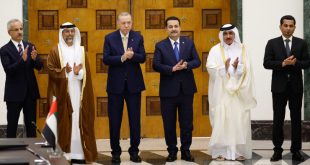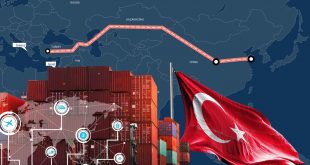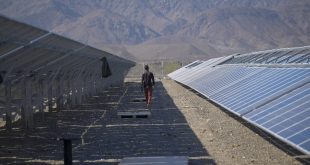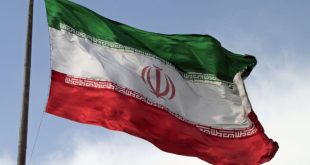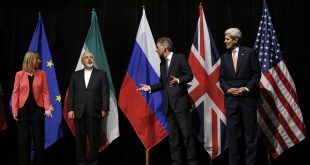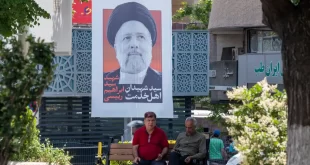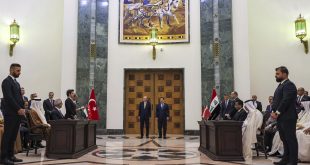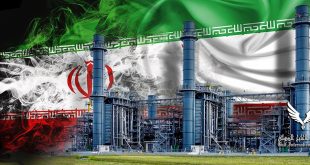The United Arab Emirates has decided to leverage its immense wealth to bring about a green revolution, but staying the path will require an enduring commitment. As increasingly devastating climate events underline the need to transition away from fossil fuels, the rapid and sustainable development of renewable energy resources has …
Read More »Powering up: Turkey-Iraq transmission line is part of a broader strategic shift
On July 21, 2024, Baghdad inaugurated a new power line connecting Turkey and Iraq to handle Turkish electricity imports. This 115-kilometer (71-mile) transmission line is expected to deliver 300 megawatts of energy to a power station west of Mosul with the aim of supplying northern Iraq, including the regions of Nineveh, Salahuddin, and …
Read More »Charting a Course: Türkiye’s Ambitious Plan for Middle Corridor Trade Expansion
Dr. Umud Shokri,Dr. Serhat Suha Cubukcuoglu,Sultan AlRubaei Amidst rising tensions and disruptions to maritime trade along the Mediterranean-Indian Ocean route, another trade corridor that roughly coincides with the ancient Silk Road has once again heightened in importance: The Middle Corridor, also known as the Trans-Caspian International Transport Route (TITR), is …
Read More »Iran’s Renewable Energy Aspirations and Geopolitical Challenges
Iran has realized the value of its vast renewable energy potential—but serious international and institutional obstacles threaten to derail Tehran’s green energy plans before they gain momentum. Although Iran is one of the world’s largest producers of fossil fuels, the Islamic Republic has increasingly focused on renewable energy to address its growing …
Read More »Navigating Energy Transition: Azerbaijan’s Role in COP29 and Global Partnerships
Historically reliant on its abundant gas and oil resources, Azerbaijan is currently experiencing a significant energy transition aimed at enhancing sustainability and broadening its energy composition. The country has made large investments in hydroelectric, solar, and wind power to meet its ambitious targets for increasing the share of renewable energy …
Read More »Powering change: Iran’s electricity crisis and the path forward under Pezeshkian
Iran’s mismatch between energy supply and consumption has led to industrial power outages and blackouts for residential users, leading to increased poverty, economic losses and social unrest. The mismatch between energy production and consumption in Iran has made it difficult for the government to provide power to different users. As …
Read More »Iran’s Nuclear Ambitions: U.S. and EU Strategies for the New President
Both the United States and the European Union have expressed interest in constraining Iran’s nuclear program—but negotiations are fraught with risk, and require a willing partner in Tehran in order to achieve real progress. With the signing of the 2015 Joint Comprehensive Plan of Action (JCPOA), Iran agreed to suspend its nuclear …
Read More »Iran needles the West with its growing oil production goals
Iran says it will produce 4m bpd Sceptics say it is an election ploy Exports using a ‘shadow fleet’ Iran has said it intends to raise its oil output to 4 million barrels per day from about 3.5 million bpd currently. Industry experts are sceptical about Tehran’s ambitions and say …
Read More »Geopolitics and Challenges in Iraq’s Quest for Regional Connectivity
To advance its ambitious Development Road project, Iraq must navigate several obstacles, including inadequate infrastructure, corruption, security concerns, and a delicate geopolitical position. Last month, after Turkish President Recep Tayyip Erdogan visited Baghdad, Iraq announced that it would join the region-wide “Development Road” project, which will link the country with Qatar, the UAE, and …
Read More »Untangling the Motives Behind Iran’s New Energy Agreements
Beset by an unprecedented domestic energy crisis, Iran has sought to cement foreign energy deals and investment, to varied success. Though the country faces a raft of international sanctions and several major geopolitical hurdles, Iran’s oil and gas sector has seen a significant expansion in recent months—a period of growth marked by …
Read More »

